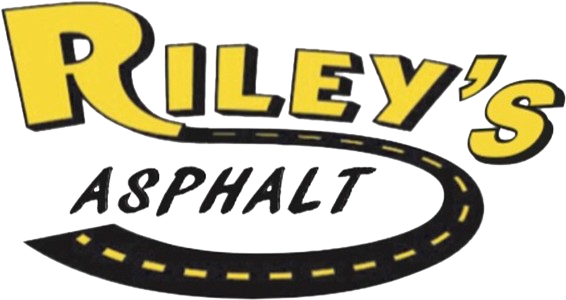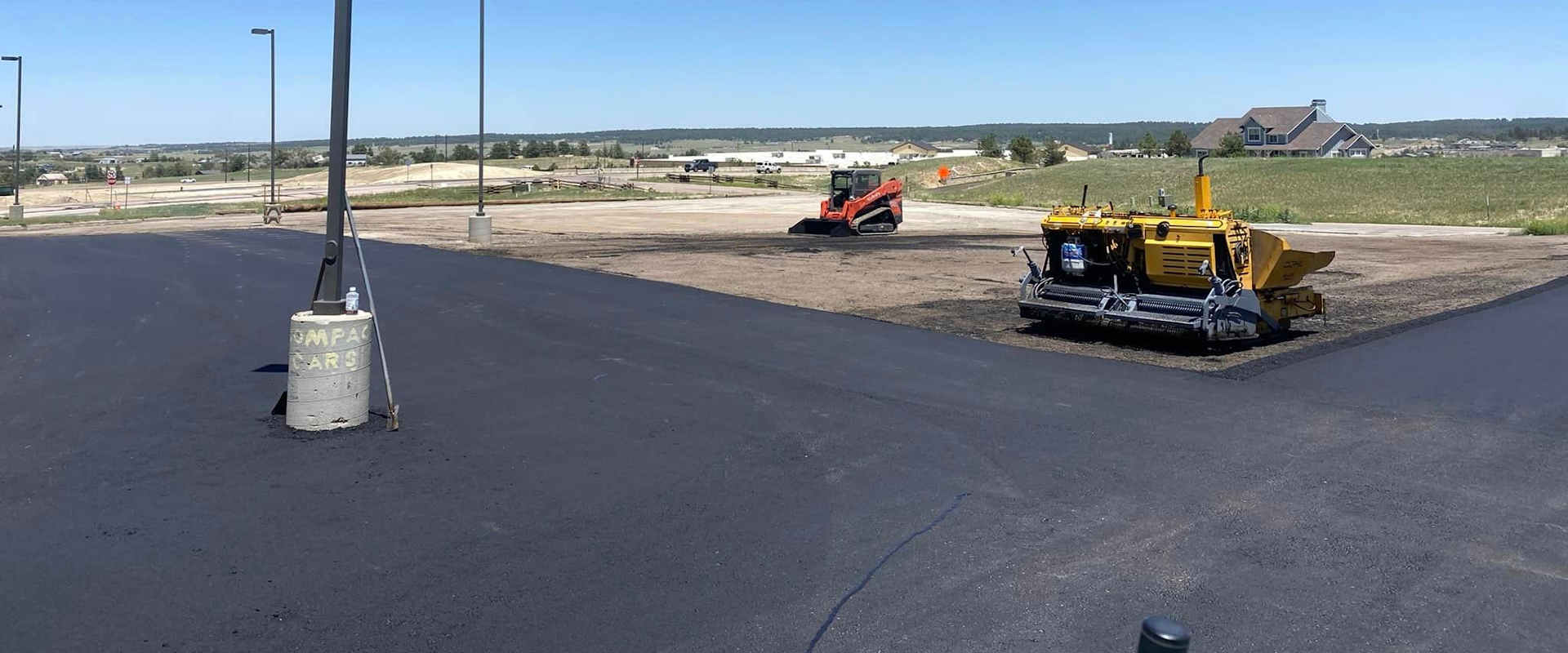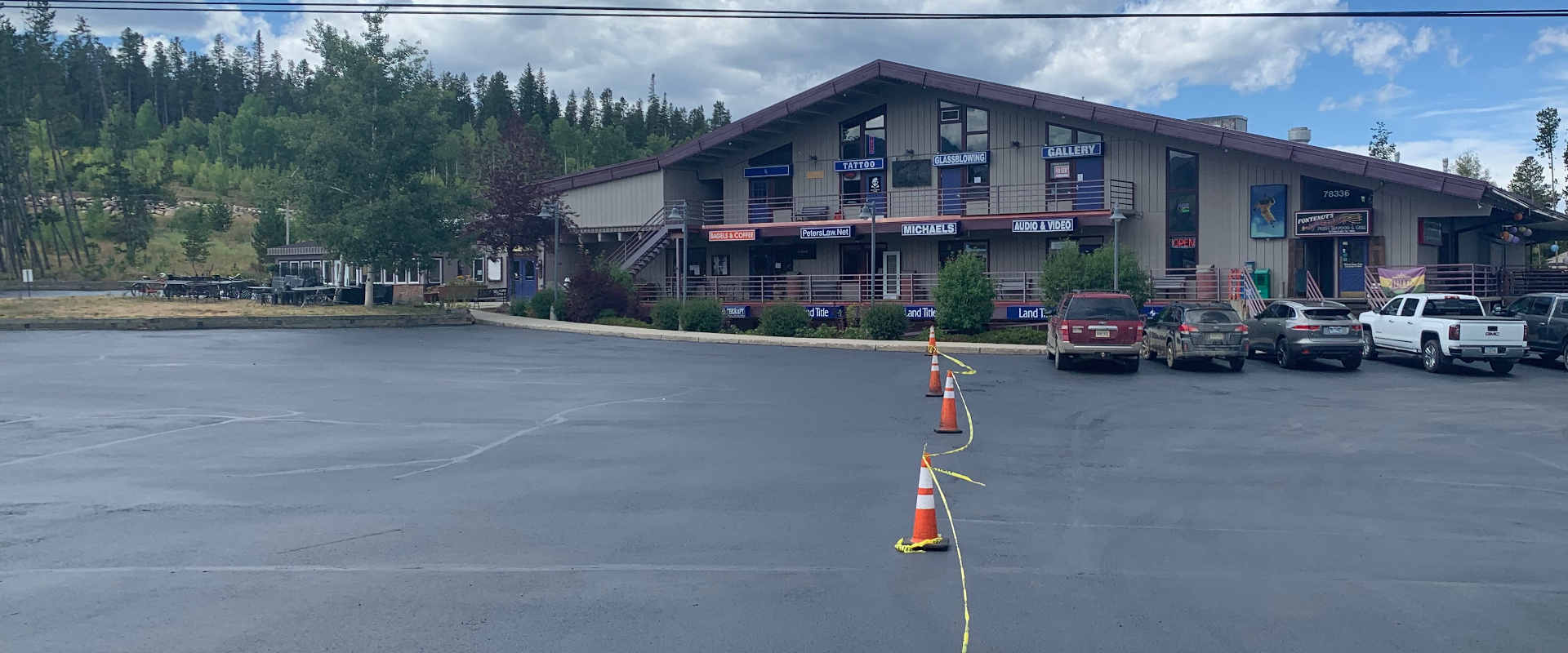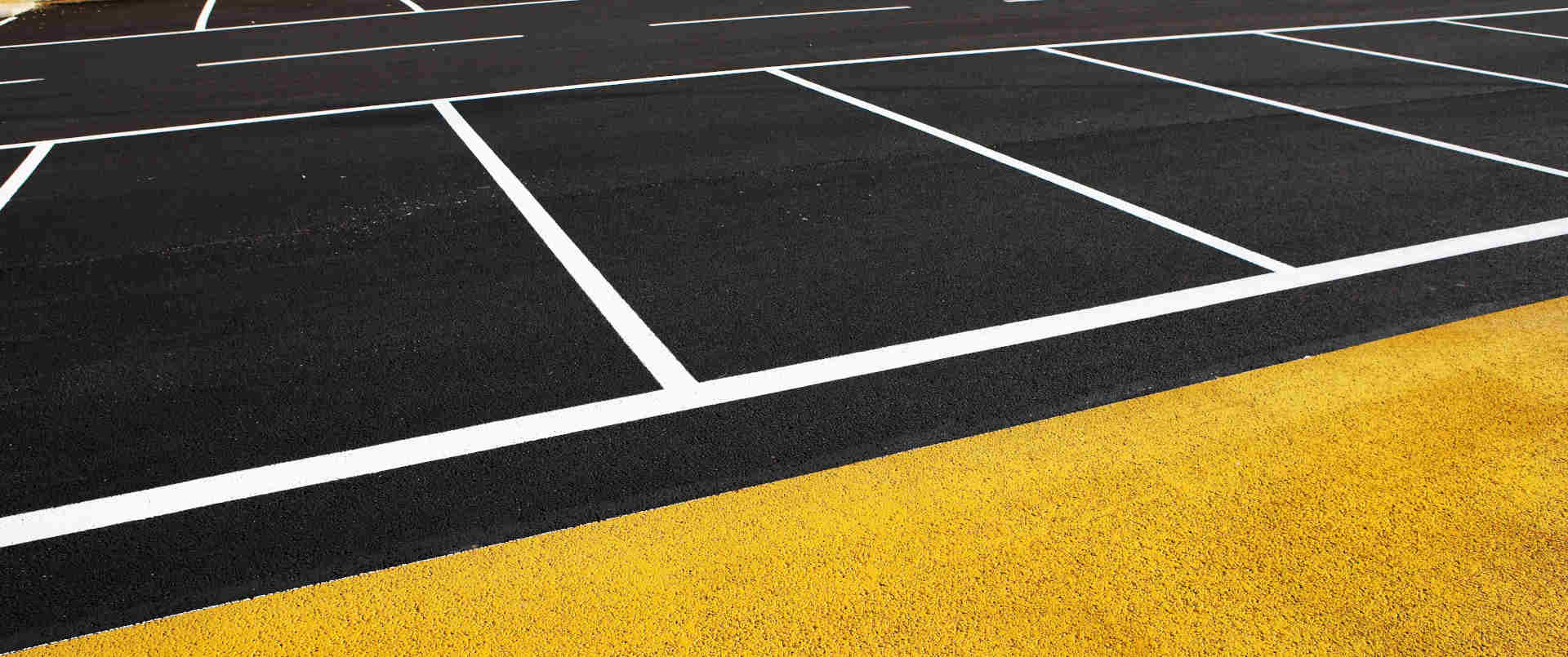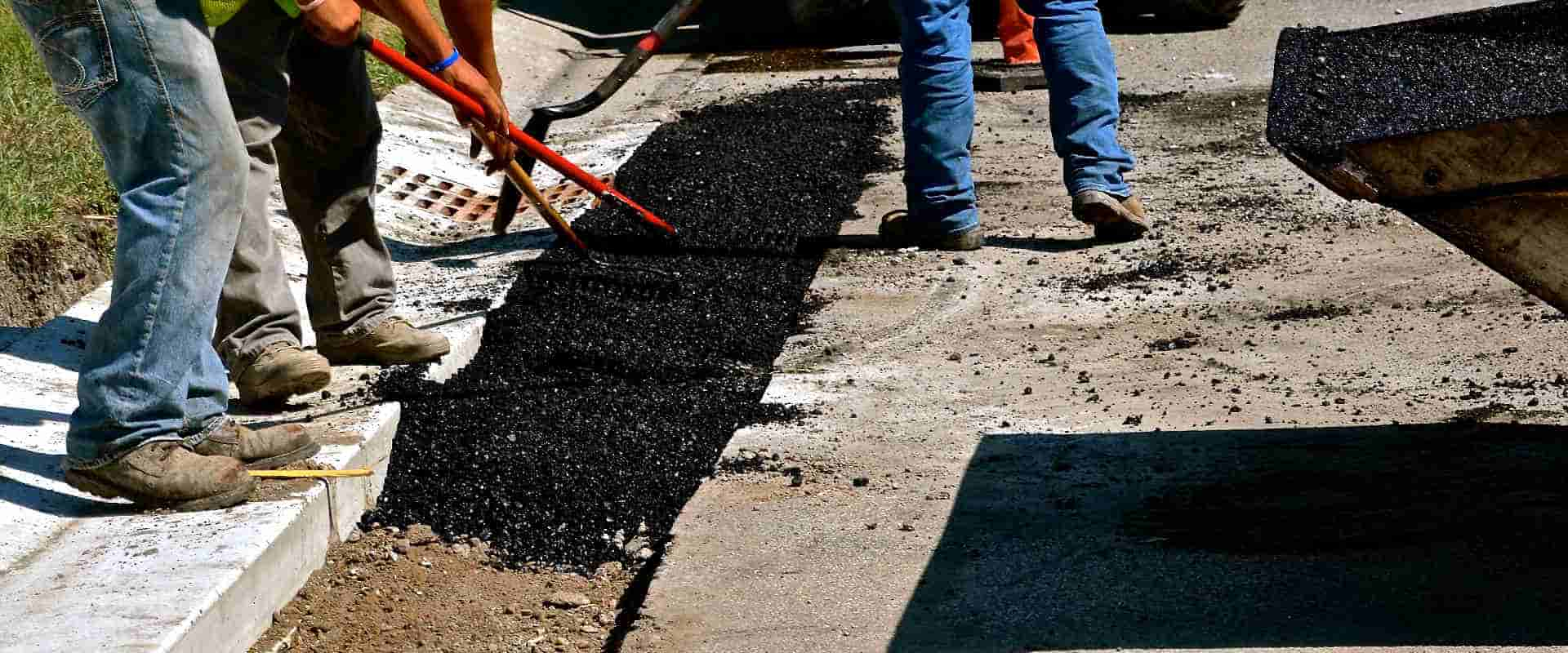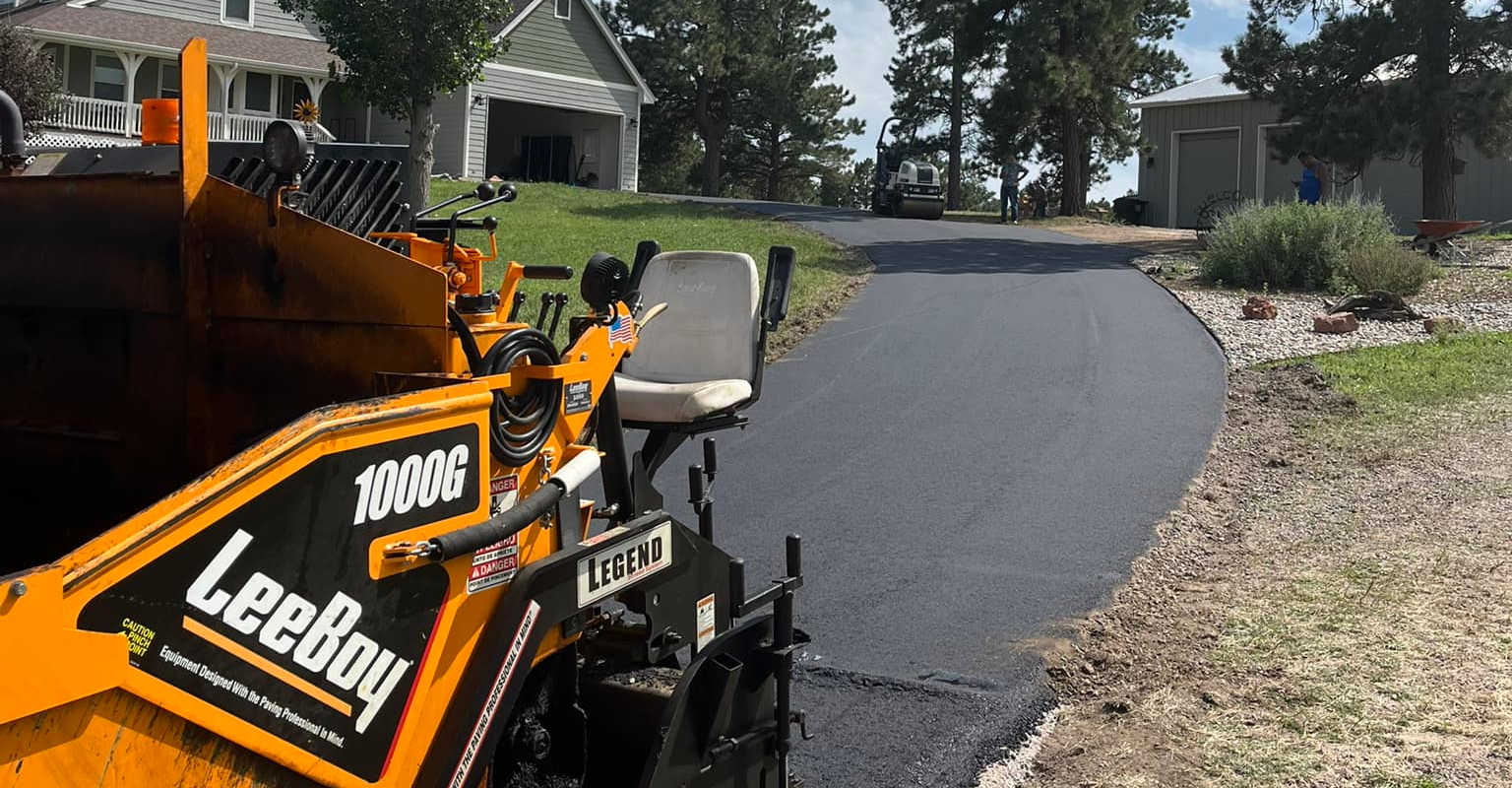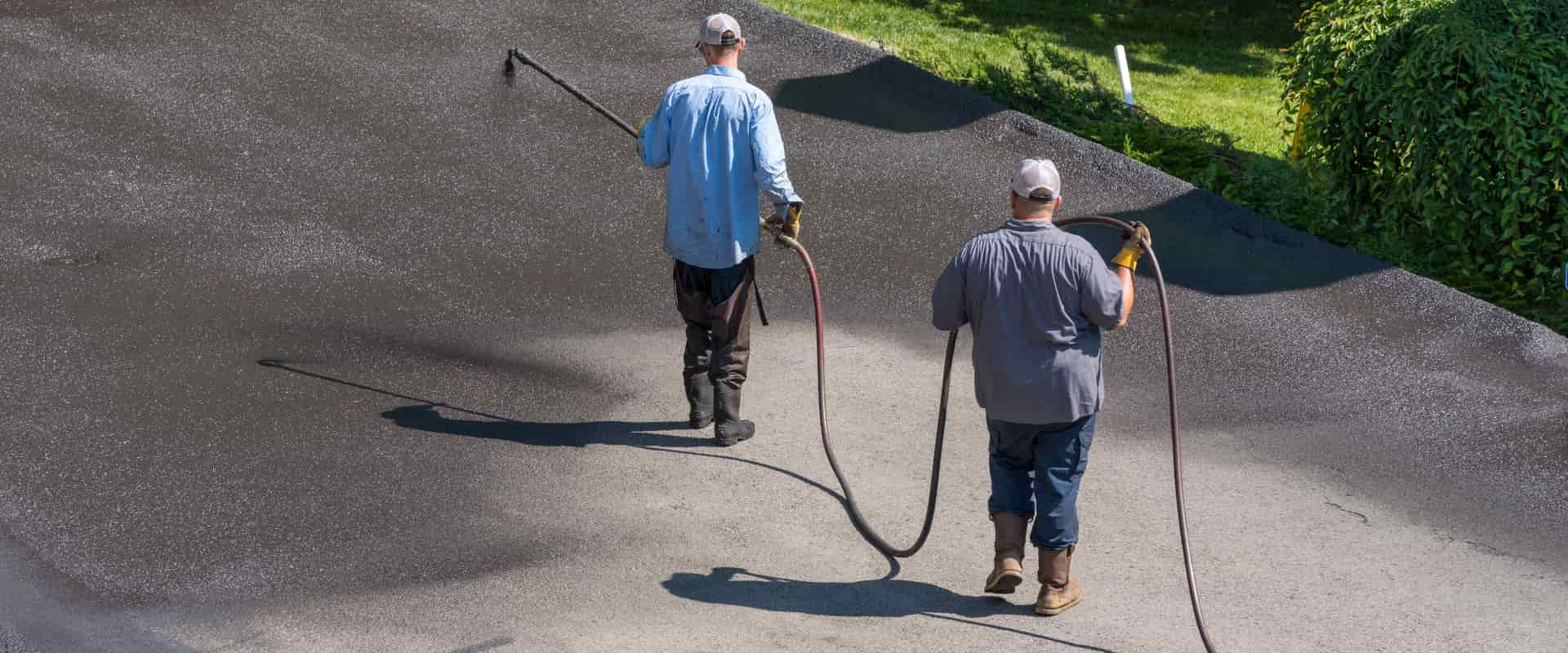Leading Castle Rock Paving Contractor
Full-Service Paving & Asphalt Maintenance for commercial and residential customers.
Request a Free Estimate
Have a project in mind and don’t know where to start? Let us take the lead in providing you with a timely answer! Share your details, and we’ll be sure to get back to you within one day.
Schedule a Free Consultation
WHY CHOOSE
Riley's Asphalt
When it comes to asphalt paving and maintenance, choose a company you can trust - one with the experience to handle any job. As a full-service, family-owned business with over 30 years of experience, we have the expertise to provide quality work on projects of any size.
We are locally owned and operated, so we care about our reputation and building lasting relationships in this community. Our goal is to always exceed your expectations by providing the best value on all your asphalt needs, from paving driveways and parking lots to sealcoating and repairs. With two generations serving this area, we understand how to serve our neighbors best.
For paving done right, choose the company with the know-how to get the job done right the first time - when looking for an experienced Castle Rock Paving Company, choose Riley’s Asphalt because our name is on every job we do.
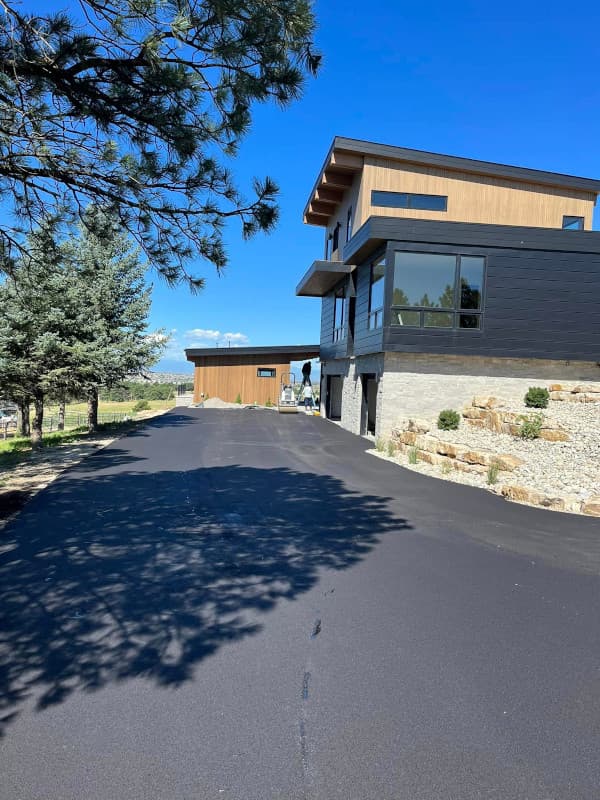
What Our Customers Are Saying
Frequently asked questions
We primarily service Castle Rock east to Kiowa. Additionally, we service southern Denver to the northern Colorado Springs.
Elizabeth Paving
Greenwood Village Paving
Highlands Ranch Paving
Lone Tree Paving
Parker Paving
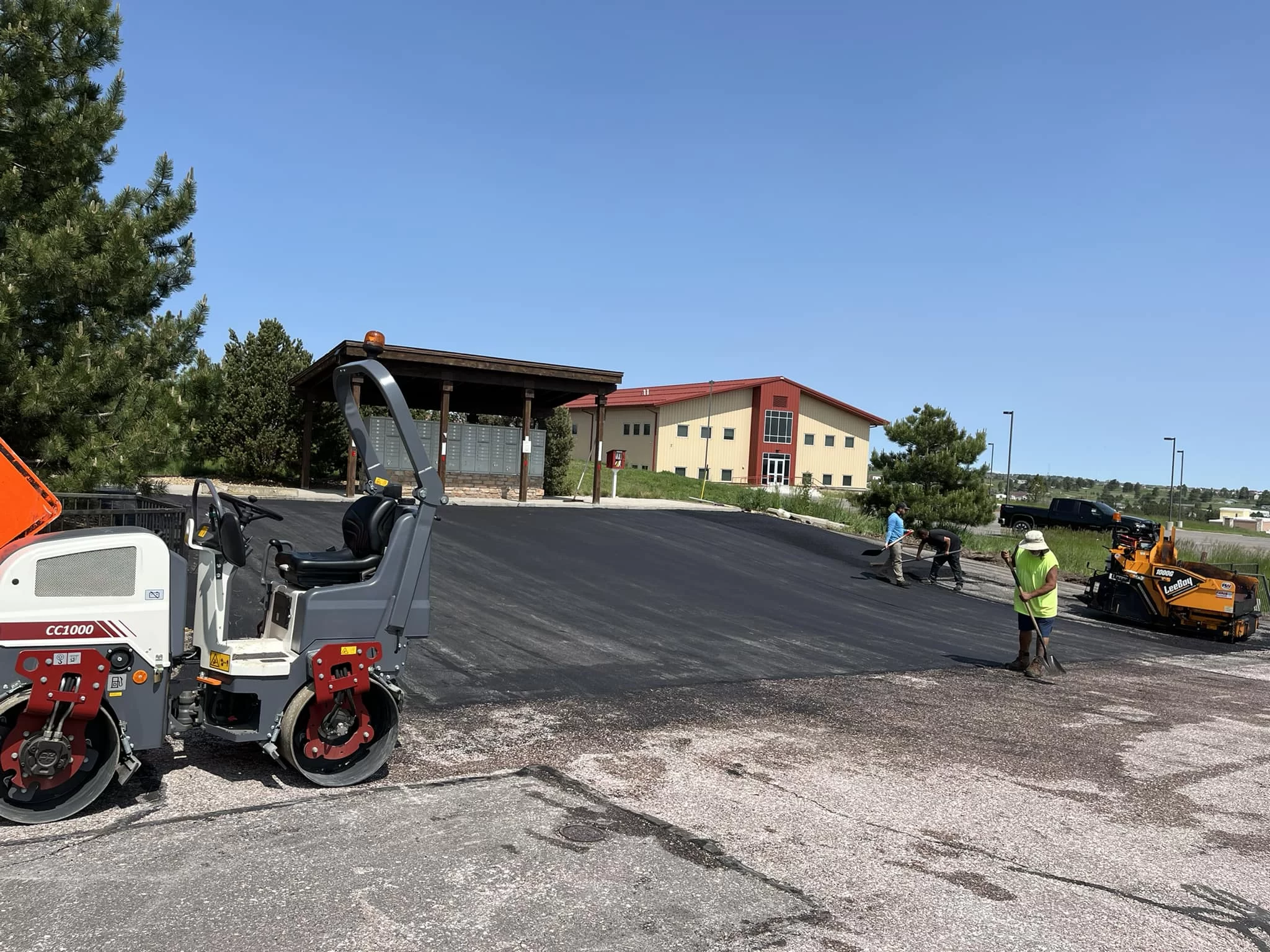
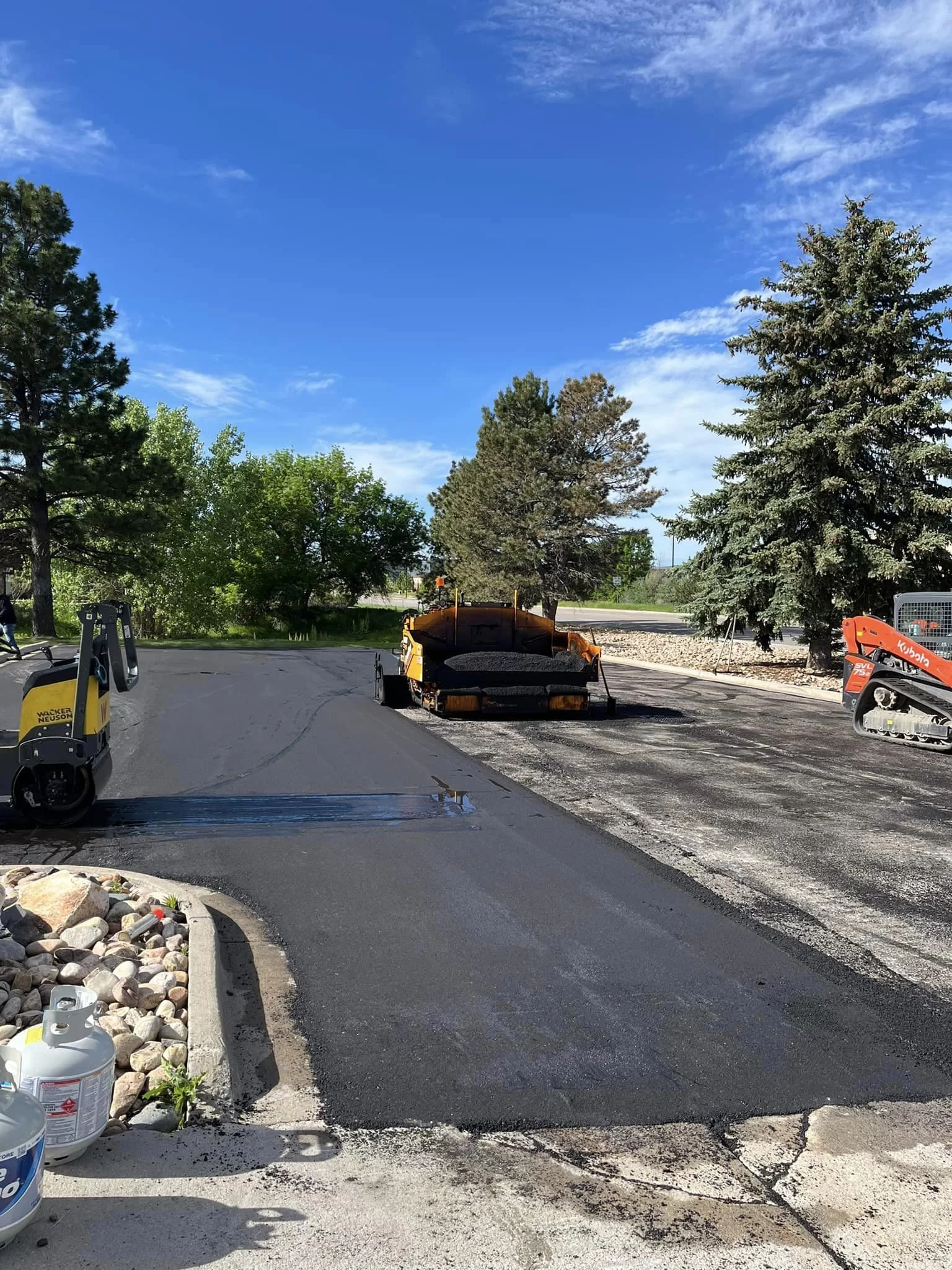
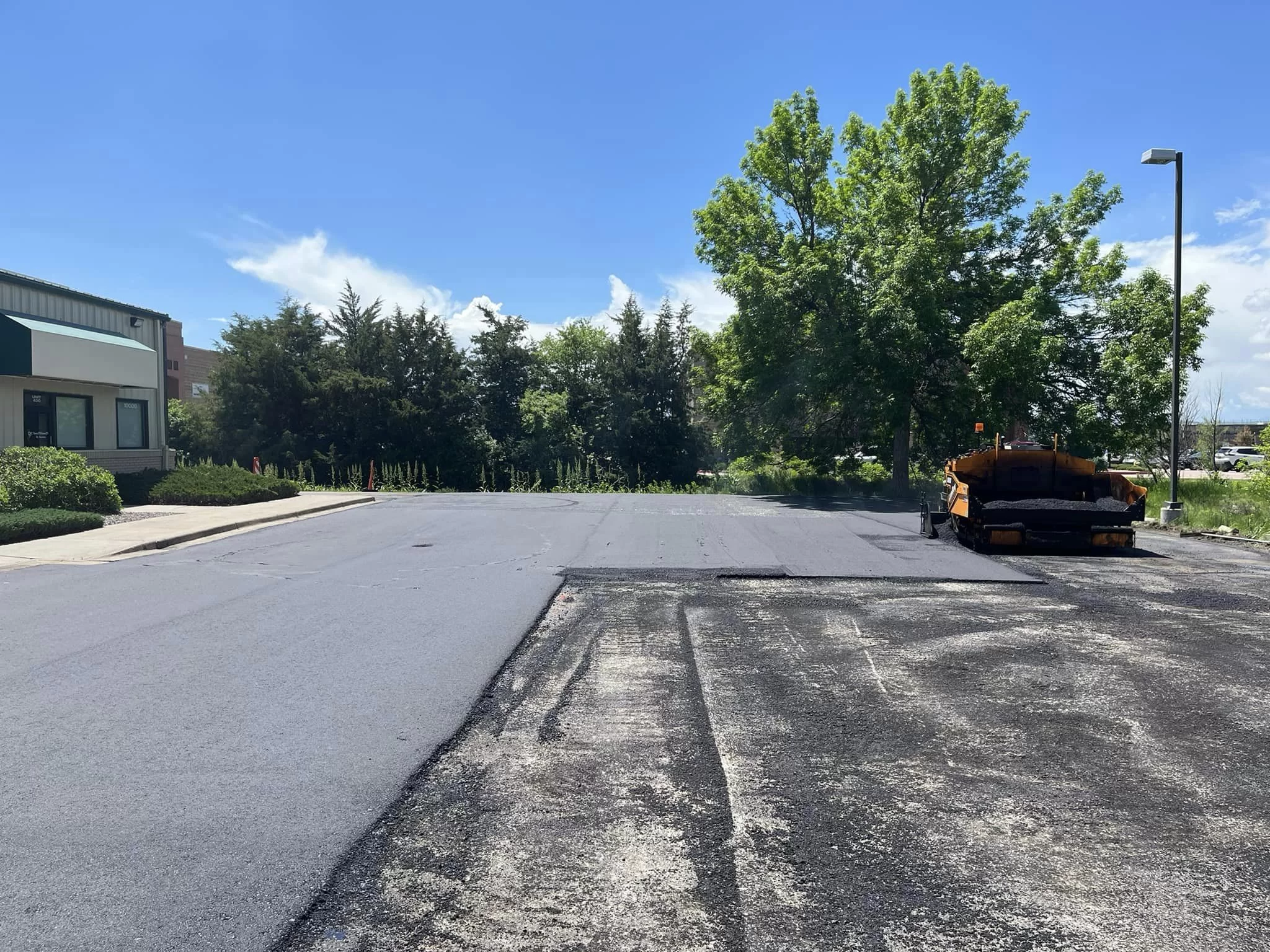
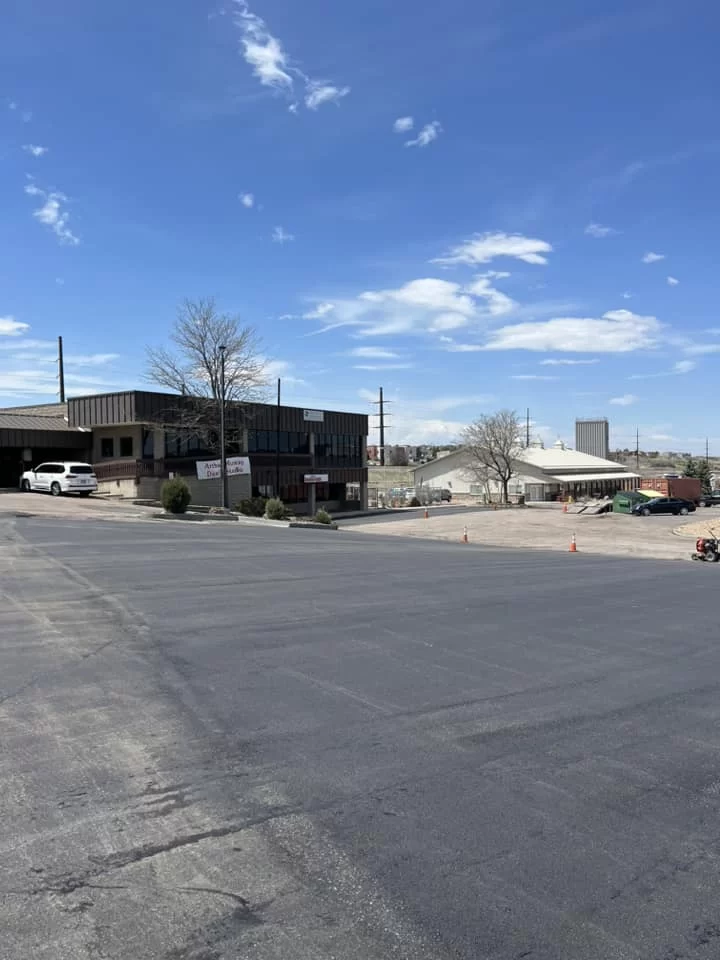
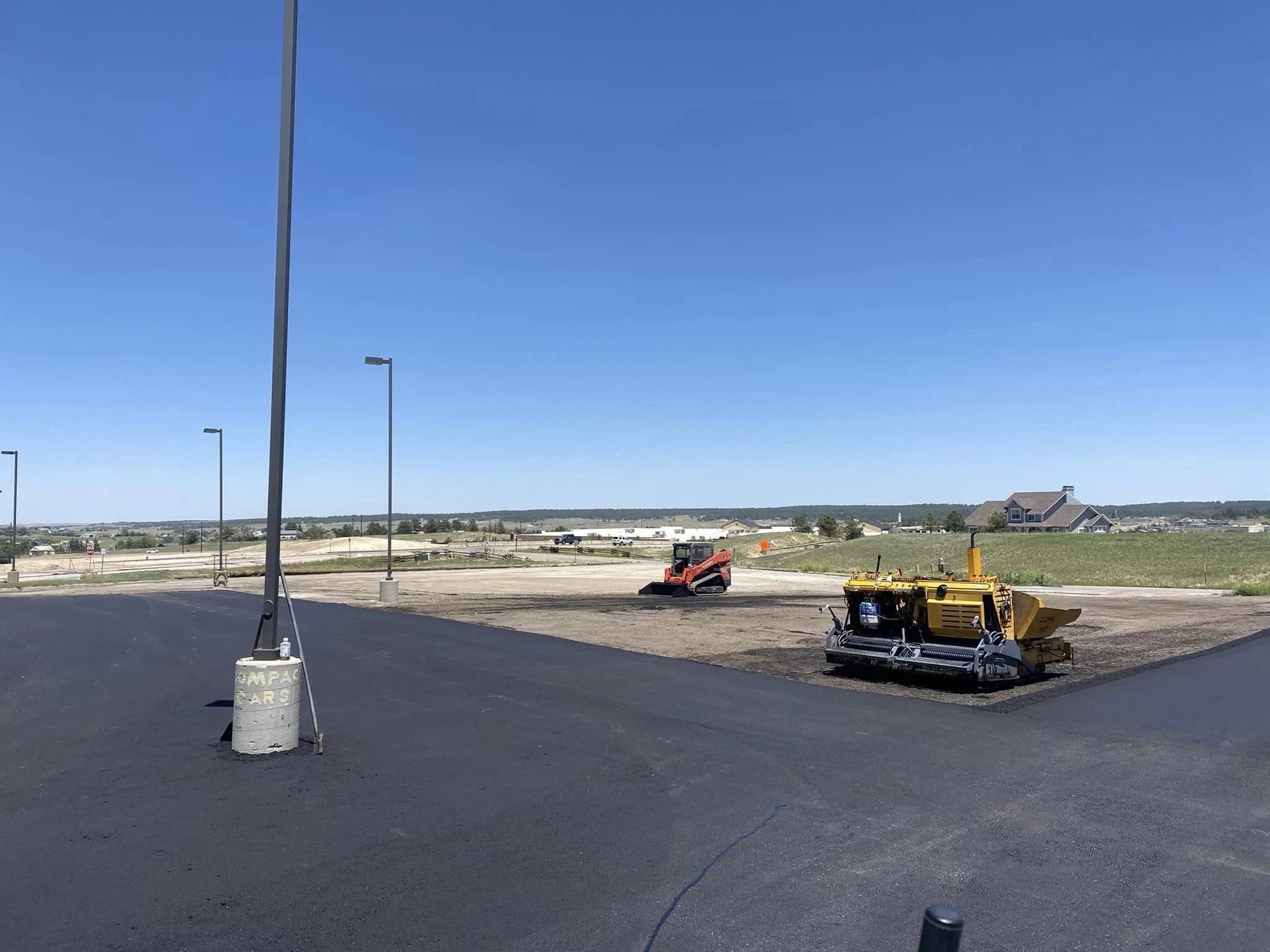
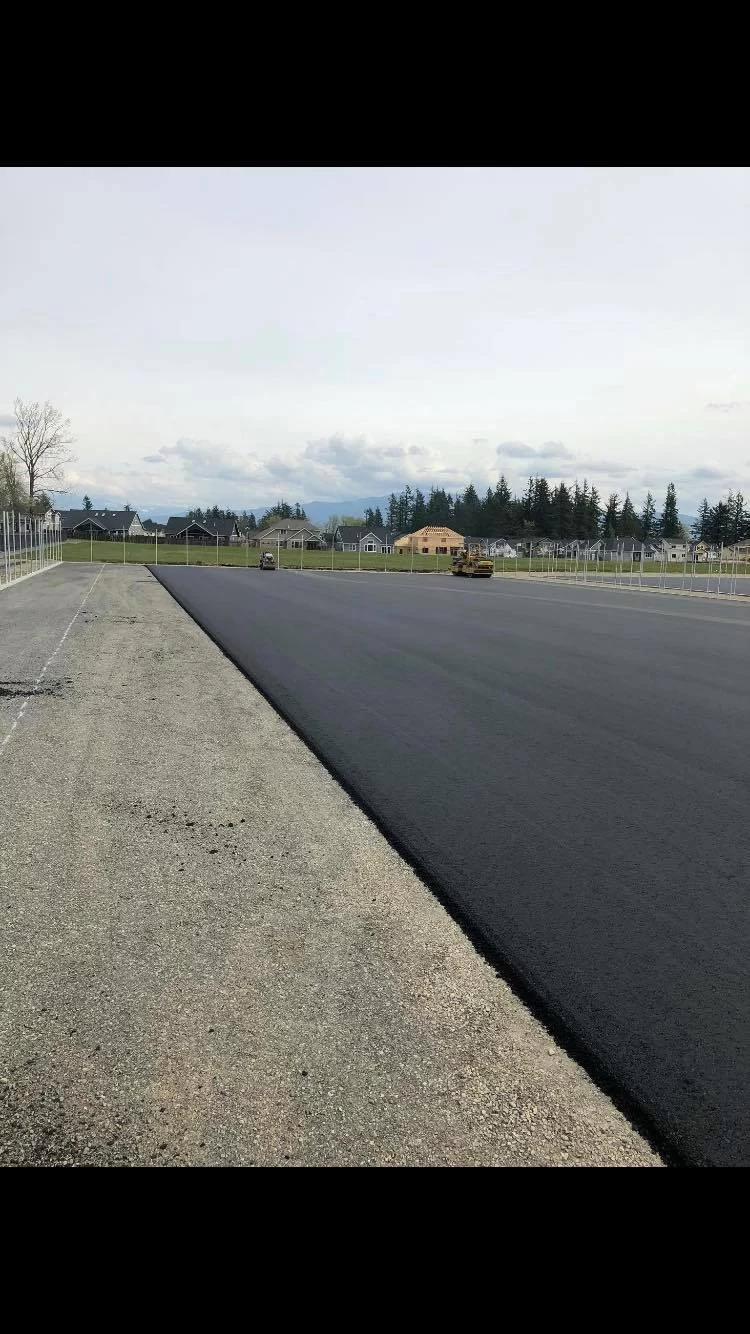
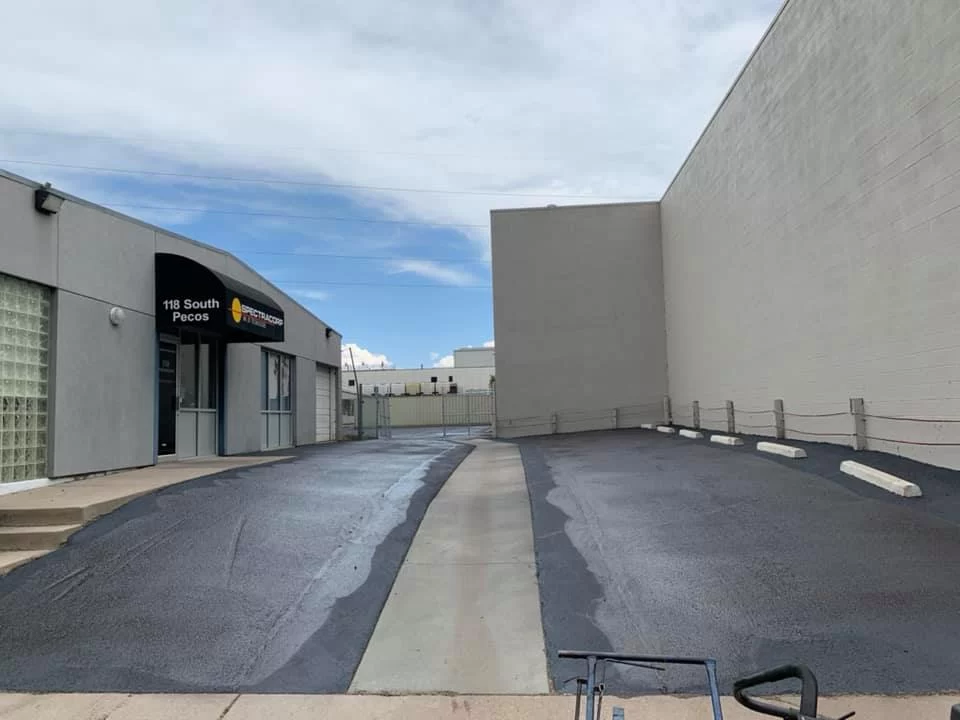
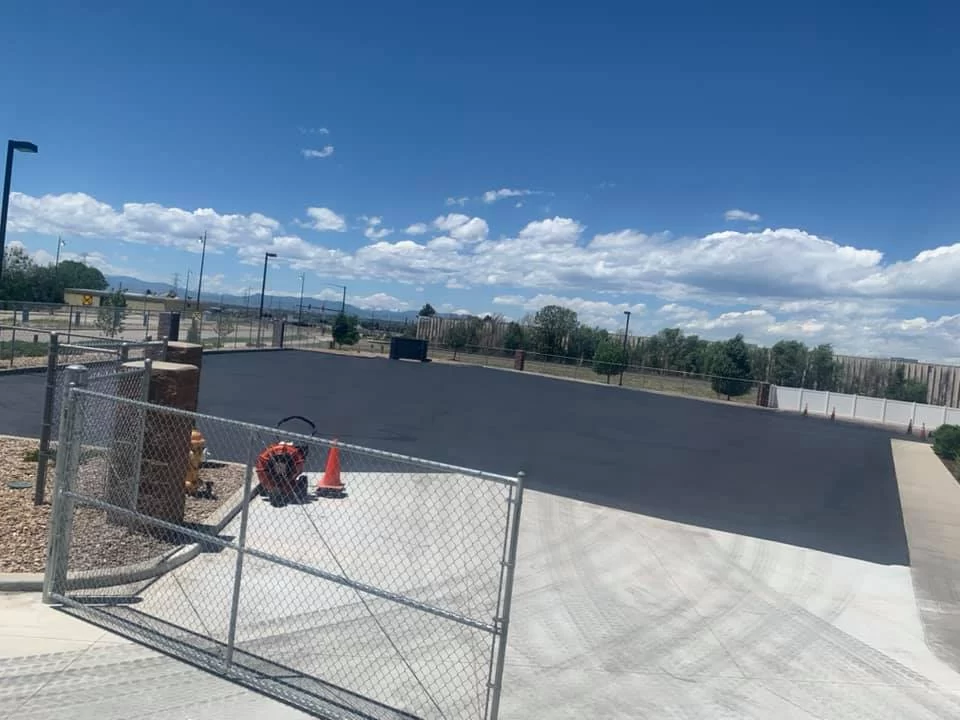
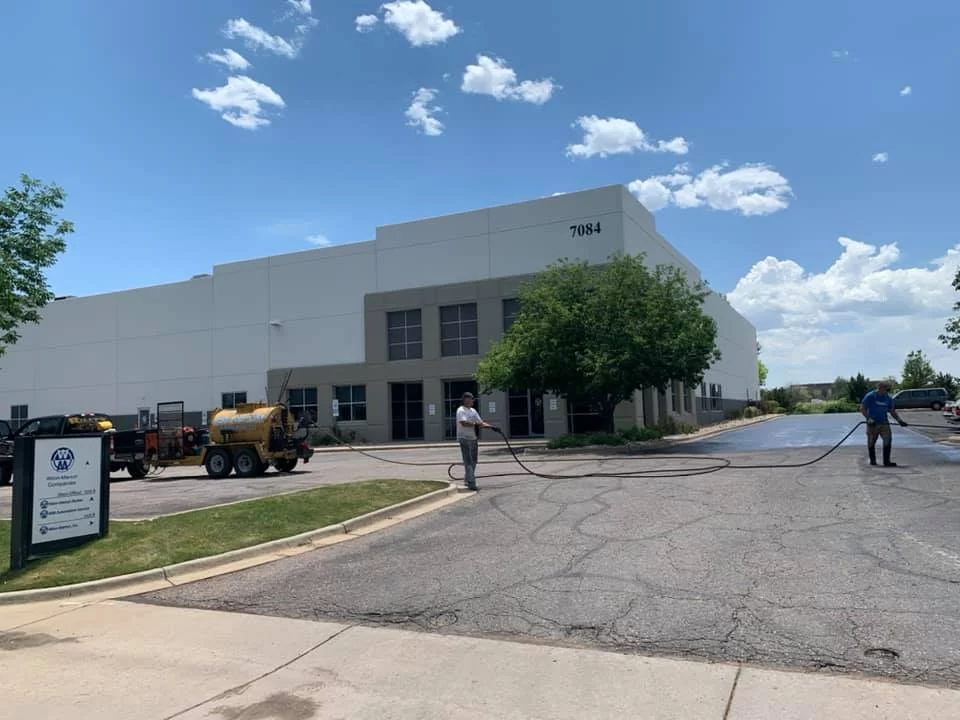
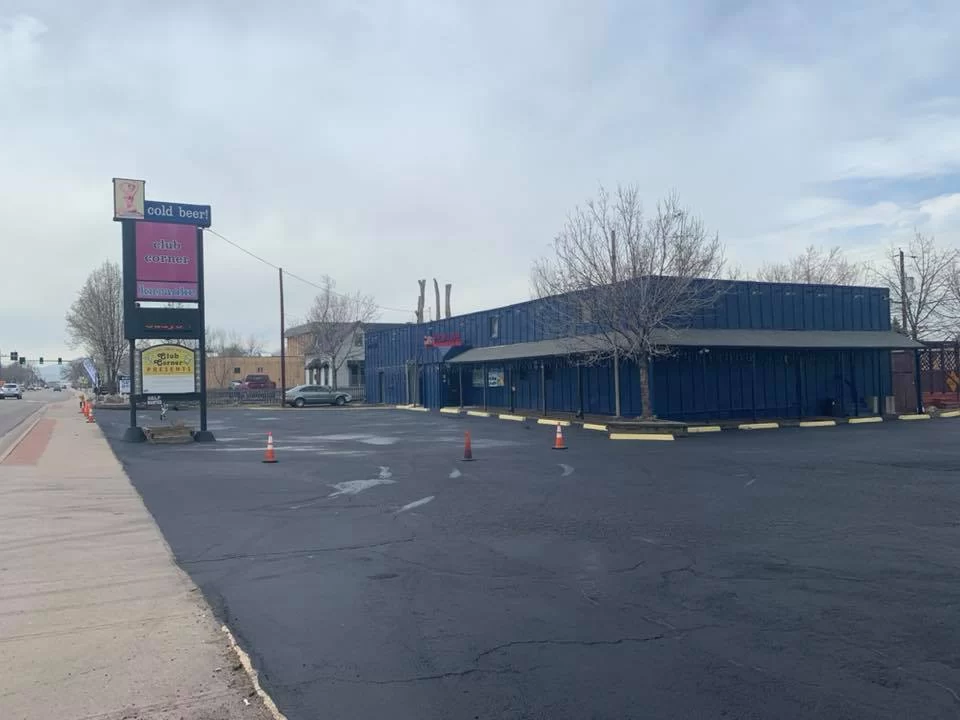
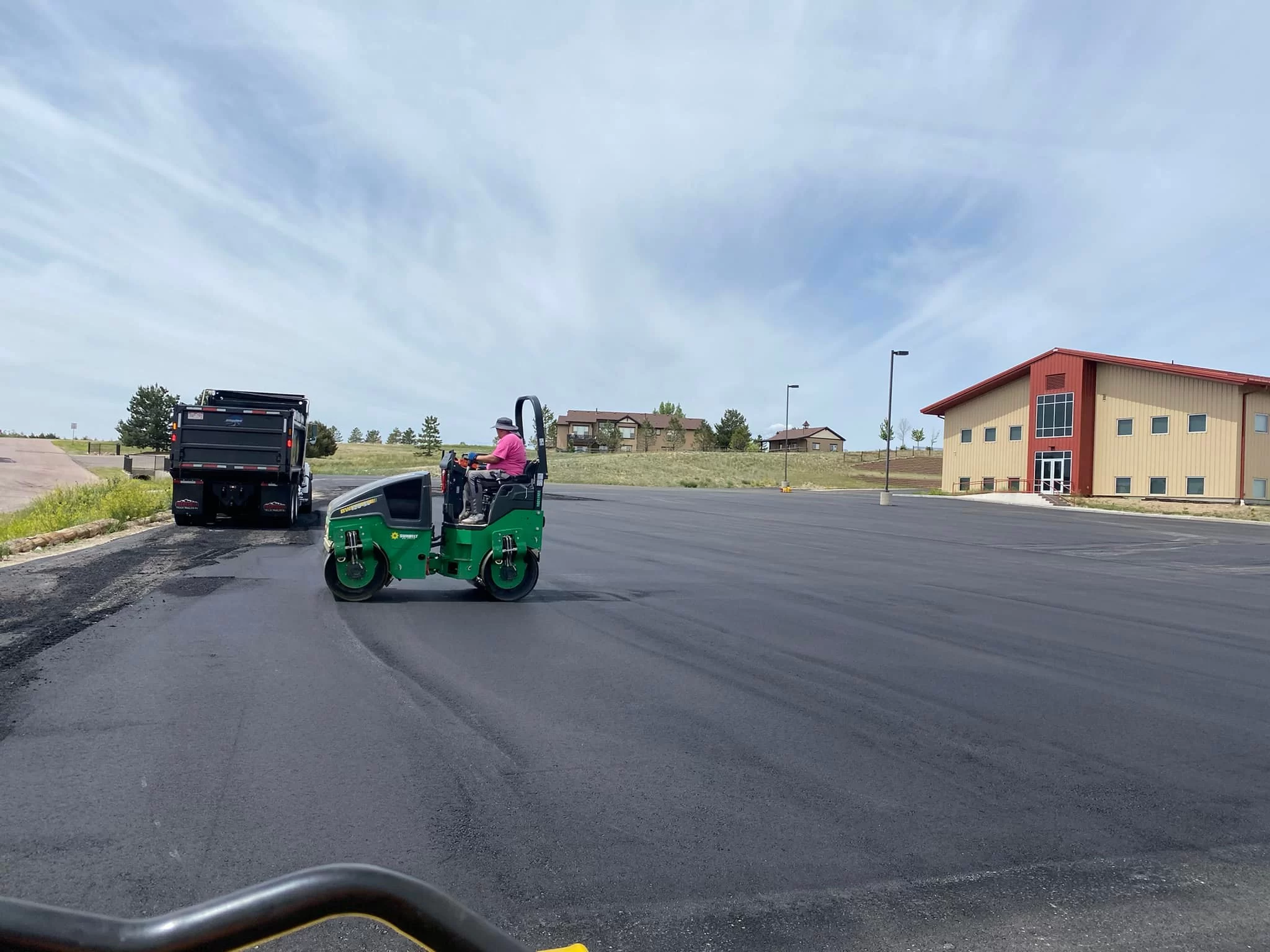
REQUEST AN ESTIMATE
Please complete the form below for a free no-obligation estimate.
